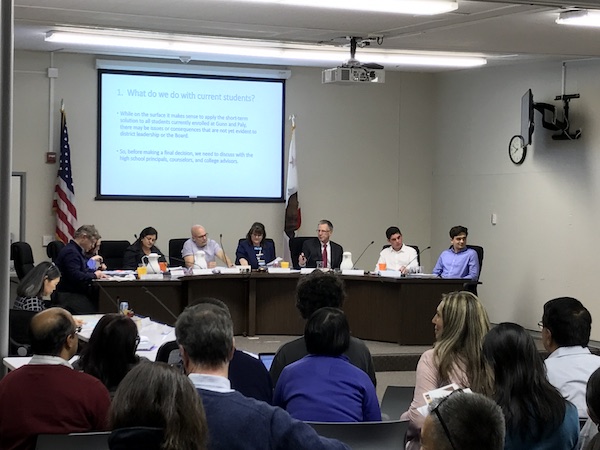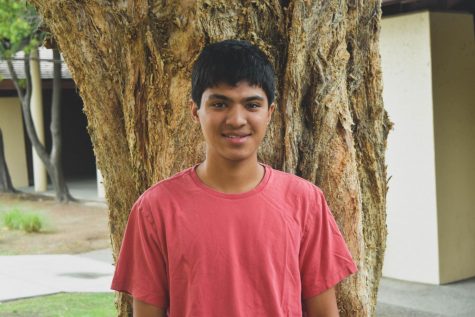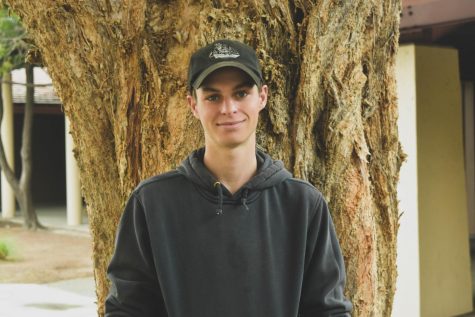
“I think that starting to collect that data now, and then looking at it over the next year or two will be really important,” said Principal Kim Diorio, who outlined movement in AP and honors course requests in a memo to the district last week.
The data do show some noteworthy course request changes, which — if they are repeated in future years — would indicate a decline in electives enrollment and a shift toward weighted classes.
The data for the 2017-2018 school year show an influx of requests for several Advanced Placement and honors classes, including AP US History (71 to 124, a 75 percent increase), American Literature 11H (182 to 217, a 19 percent increase), AP Biology (151 to 182, a 21 percent increase) and Physics H (173 to 208, a 20 percent increase), among others. Conversely, requests for AP Computer Science and AP Chemistry dropped from 41 to 31 (-24 percent) and from 141 to 119 (-16 percent), respectively. Requests for AP Psychology declined from 253 to 197 (-28 percent).
AP Chemistry teacher Ashwini Avadhani said she does not know why requests for her class have dropped, and stressed the lack of information teachers are provided.
“Nobody discusses with the teachers why the enrollment is higher or lower,” Avadhani said. “We have no understanding of why [enrollment] drops.”
Biology H, which, along with other freshman honors courses, would not be weighted, according to the UC system recommended by Supt. Max McGee, still increased in requests from 234 to 274, a 17 percent increase from this academic year. Unlike Geometry H, Biology H is a self-selecting class that most freshmen are eligible to take.
Despite Supt. Max McGee’s recommendation to the contrary in March, multiple school board members have publicly advocated adopting a system in which all classes — including ninth grade classes — would be included in students’ GPAs.
Board member Todd Collins also told The Mercury News that he was concerned about the idea of students choosing courses based on their weighted status.
Requests for Beginning Journalism — the beginning of a pathway that does not include any weighted classes — fell from 170 to 118, a 31 percent decrease. Theatre and video course requests also declined, from 212 to 166 (-22 percent). Requests for Sociology, another unweighted class, plunged from 137 to 55, a 60 percent decrease.
According to journalism teacher Brian Wilson, some teachers of elective classes are feeling pressure to make weighted options for their classes to compete for students.
“I think the different elective classes are feeling that pressure in general, not just journalism,” Wilson said.
At the same time, other electives appear to be seeing the opposite effect. For instance, requests for Object-Oriented Programming, which feeds to AP Computer Science, rose 31 percent, from 49 to 64.
Because total requests for AP and honors classes stayed approximately the same – 3474 for this academic year and 3446 for the next – it is still unclear if weighted GPA reporting practices played a role in any of these changes, or if they resulted from natural fluctuation.
“Anecdotally, we’re seeing more students interested in taking AP and honors courses, but again, our enrollment is growing,” Diorio said.
“I think it’s probably going to take a year or two before the culture really shifts,” she added.
Additionally, 604 students said in February that they plan to attend Paly next school year as freshmen, a significantly larger figure than the 558 who said that in February 2016. Given the growth of the freshman class, increased Art Spectrum enrollment would make sense, but the rise from 187 for this year to 254 for next year (36 percent) seems disproportional to the overall class size growth. Still, other art classes such as Painting and Drawing saw fewer requests for enrollment.
The low number of requests for arts classes surprised art teacher Kate McKenzie, and she said she attributes part of that decline to weighted GPAs.
“This year, my elective enrollment is actually way down, which is pretty surprising,” McKenzie said. “I think that there are a number of reasons, one [weighted] GPAs but another reason is that there are a lot of pathways. So when kids are in the pathways they don’t have a lot of flexibility [to take different electives] because these pathways take up a number of periods.”
McKenzie noted that this decrease in enrollment may also be seen throughout different departments.
“We see this [lowered enrollment] down the board,” McKenzie said. “Gunn is especially bad. Gunn’s art department has almost been decimated after 30 or 40 years of being really strong. We do see it [decreased enrollment] at Gunn as well, so we are aware that’s possibly on the horizon for us.”
The Board of Education is scheduled to reach a final decision on weighted GPA reporting practices tonight.



